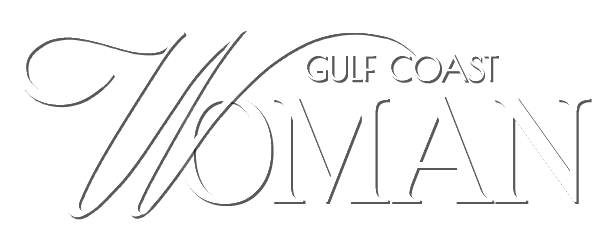When I give financial advice, I like to present information and ask questions that make people think outside the box. With this in mind, and because you probably aren’t familiar with tax-free retirement accounts (TFRAs), I’ll explain them here.
A TFRA is a retirement savings plan that works similarly to a Roth IRA. You pay taxes on the money going into the plan, and the growth on your money is not taxed. However, unlike a Roth, a TFRA does not have Internal Revenue Service-regulated restrictions on how or when you take money from your account.
HERE ARE FIVE OF THE KEY REASONS YOU SHOULD CONSIDER A TFRA.
TAXES
Right now in America, taxes are at an all-time low. Based on our current national debt, I believe taxes will increase. In a 401k or an IRA, you receive a tax break now with no way of knowing what your taxes will be when you get ready to retire. When you put your money into a TFRA, you know how much your tax bill will be because you have already paid the taxes on your contribution. You can also rest easier knowing you won’t owe any taxes on the earnings inside your TFRA.
VOLATILITY
One of the lessons 2020 taught us is that the stock market is volatile. One minute, it’s soaring, and the next, it crashes and takes our hard-earned money with it. One of the great features of a TFRA is that it has what I call a “floor.” In other words, it allows you to take advantage of the upside of the market, while locking in your money to prevent loss. Your money is not actually in the market, but indexed to the market. When it goes up, you are credited with a gain, and when the market falls, you do not suffer a loss.
LIQUIDITY
Under current law, qualified retirement accounts such as 401k, IRA and ROTH IRA plans have very limited liquidity. While some of these plans may contain a maximum $50,000 loan provision, depending on your account balance, many do not. Again, depending on the plan, you may not be able to access your money without penalty. A TFRA allows access to your money without the IRS-mandated restrictions.
LIVING BENEFITS
Similar to a long-term care plan, a TFRA includes benefits for chronic, critical and terminal illness.
PERMANENT DEATH BENEFIT
Because the chassis upon which a TFRA is built is a specifically designed life insurance plan that takes advantage of the tax laws, there is a permanent death benefit beginning on day one.
Statistics tell us 45 percent of Americans have never saved a penny — not a dime. For those who have yet to begin planning for retirement, the contributions limit for qualified plans makes it hard to make up for past years while allowing time for your money to grow. Unlike qualified plans, there are no limits on how much money you can put into a TFRA. However, it does have to adhere to the rules and laws of life insurance.
A TFRA could be the right option for you. A TFRA works great for businesses and their employees, no matter the business size. No annual reports are required, and there is no cost for the employer. A recent survey revealed that the number-one thing employees want from their employers is a retirement plan. Seventy-five percent of small businesses don’t offer any type of savings benefit. Individually or as a business, a TFRA can help you and your employees plan for a retirement to look forward to.
Determining whether a TFRA is right for you begins with a conversation. Let’s have one.
Kathy Rogers is the vice president of Marston Rogers Group, a life planner and financial consultant. Reach her at (228) 206-5902 or Kathy@mrg.life.




7 Comments
Leave a Reply